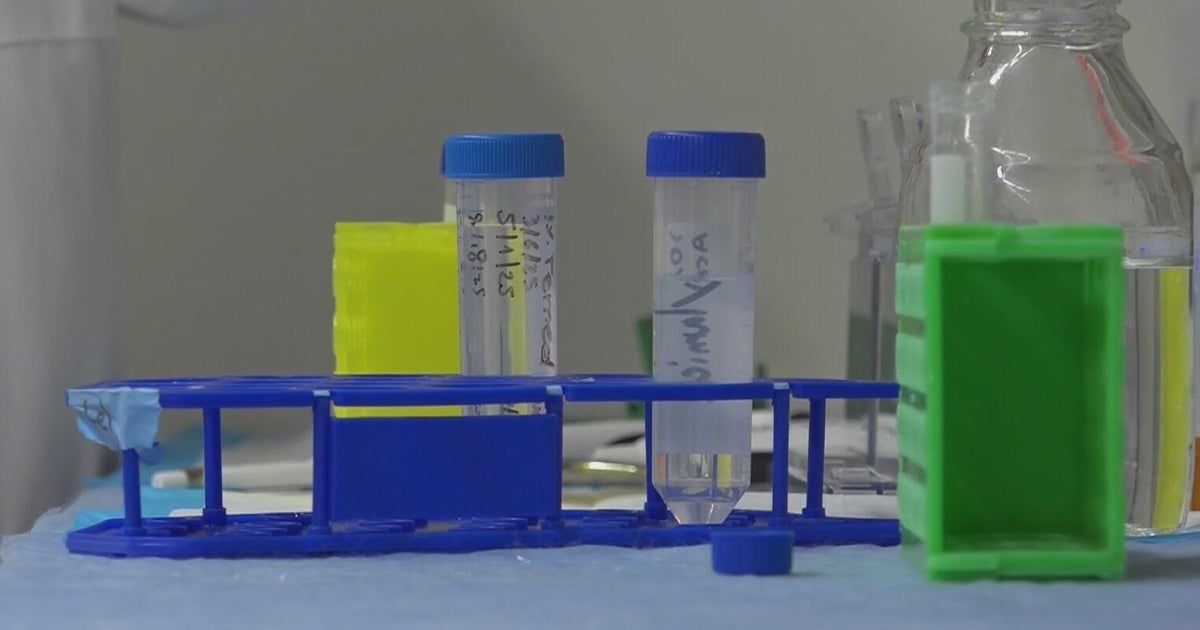Brain changes after the end of a relationship
Breakups are hard, but new research shows how our brains can actually change right after a relationship ends.
Many people think of the emotional response to a breakup, such as the tears, the regret, the "what ifs".
However, CBS13 anchor Tony Lopez came across a study that looked at what can happen to our brains when our hearts are broken.
Whether you advertise it for all to see or keep it hidden, relationship breakups can be rough. This is partly because being with someone is a natural human need.
Biological anthropologist Dr. Helen Fisher calls romantic love and attachments a basic human survival mechanism. Fisher studies romantic love and attachment, and she helps answer the question "How does our brain change after a relationship breakup?"
We don't just fall out of love, but the region of our brain that recognizes romantic love stays active, the deep attachment part of our brain becomes more active, and the part of our brain that triggers physical pain gets more active.
Three brain regions that are linked with craving and addiction go into hyper-mode.
A breakup jeopardizes our basic need to send our DNA into future generations, and that, Dr. Fisher pointed out, is our survival instinct.








